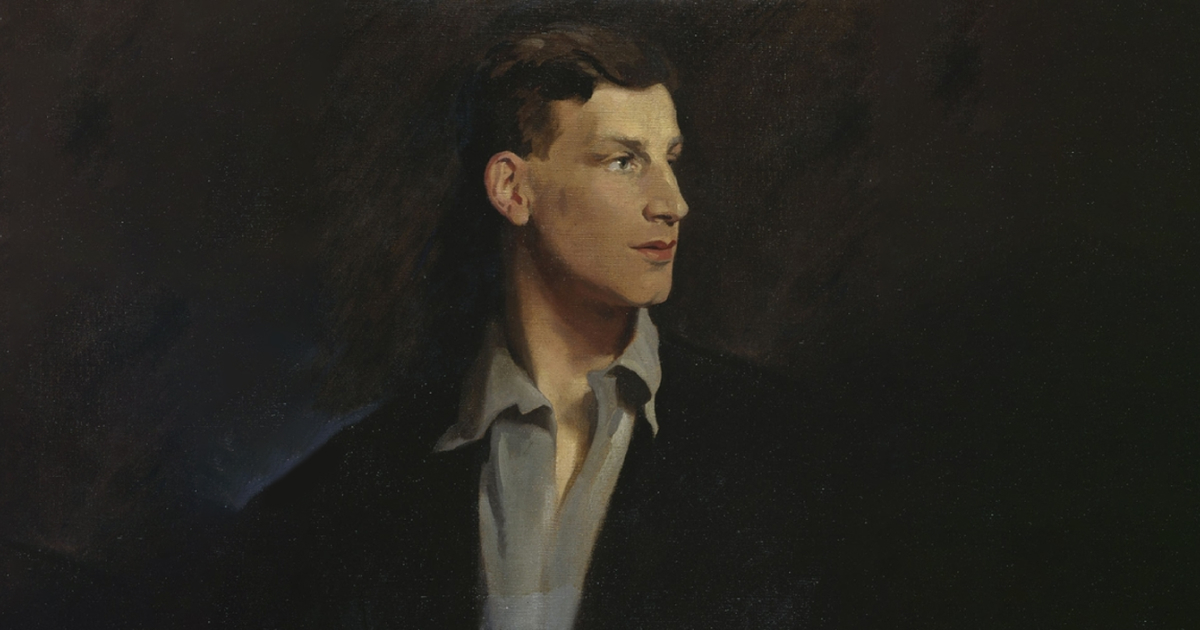The Rev. Dr Patrick Pullicino, a former NHS consultant neurologist who is now a priest, challenges the 'prolonged disorder of consciousness' euthanasia narrative
It seems to be a perverse trait of man to prey on the most vulnerable. The most recent target is those of us who lose consciousness. Severe brain injury such as trauma from a car crash or from a loss of blood flow to the brain from a heart attack often result in coma which may last months.
Severe brain injury often results in admission to an intensive care unit, and others taking decisions on whether the patient will improve, whether further treatment is futile or “in their interest”. If a person does not open their eyes or respond when we repeatedly try to rouse them, it is easy for the untrained to infer that the person has no brain activity and to start to classify them as effectively “brain dead”.
Because intensive care is expensive, the tendency is to make arbitrary rules such as deciding the person’s “best interest” or getting the courts to allow treatment to stop. In 2020 new National Clinical Guidelines for “prolonged disorder of consciousness” or PDOC were set up by a working party including the Royal College of Physicians and including many medical associations. A diagnosis of PDOC can be made when a patient has been in coma for one month. The Guidelines state that the law in the UK now says that : a) Decisions have to made on the basis of the perceived best interest of the patient. b) It is the giving, not the withdrawing, of treatment (which includes hydration and nutrition) that needs to be justified. c) The critical question to consider of a patient in PDOC is no longer whether they may emerge from coma but whether they will recover a quality of life that they themselves would value. A diagnosis of PDOC therefore brings with it the consensus of these groups that fluids and nutrition can be withdrawn, resulting in death, which infers that a diagnosis of PDOC may be a death sentence.
Increasing scientific evidence shows that many patients do recover slowly and that special tests can reveal hidden normal brain activity. An American study (1) has shown that if a patient recovers to a “minimally conscious state” within two months of onset of coma, they have a 50 per cent change of being independent within their home at one year.
A new multicentre research study (2) found that a quarter of patients who have been in coma for a mean time of 10 months (but as long as 22 months), who have no observable response to commands, do have a cognitive response to commands using functional magnetic resonance or electroencephalography. The patients were asked to imagine playing tennis or to imagine opening and closing their hand, tasks which produce specific recognisable patterns on MR or EEG imaging. This shows that these patients far from being “brain dead” are actually “locked-in” and have meaningful residual cognitive function.
This study shows that all comatose patients are not the same and discredits the diagnosis of PDOC at one month and its associated ability to deny fluid and nutrition to someone who might be able to input into their own treatment decisions using appropriate technology. Comatose patients on ventilators in the intensive care units routinely are also switched off after a subjective “best interest” decision. This study shows the only ethical way forward in PDOC is to obtain an objective measure of cognitive awareness such as MRI or EEG .
From a Catholic morality point of view euthanasia is always wrong and all patients in coma, of any duration, must be nursed and cared for and that giving of fluid and nutrition are non-negotiable. The Church should recognise the specific vulnerability of patients in coma and should support the setting up of long term support and rehabilitation units for patient with prolonged brain injury to ensure they are cared for and nurtured.
References:
- Katz, D.I. et al. (2009) Natural history of recovery from brain injury after prolonged disorders of consciousness: outcome of patients admitted to inpatient rehabilitation with 1–4 year follow-up. Progress in Brain Research, Vol. 177, Laureys et al. (Eds.), Chapter 7, p. 73.
- Bodien, Y.G. et al. (2024) Cognitive motor dissociation in disorders of consciousness. N Engl J Med, 391:598-608
(Photo by Ian Waldie/Getty Images)
Fr Pullicino is the author of the 2023 book The Science of Ezekiel's Chariot of YHWH Vision as a Synthesis of Reason and Spirit, available from Amazon from this link





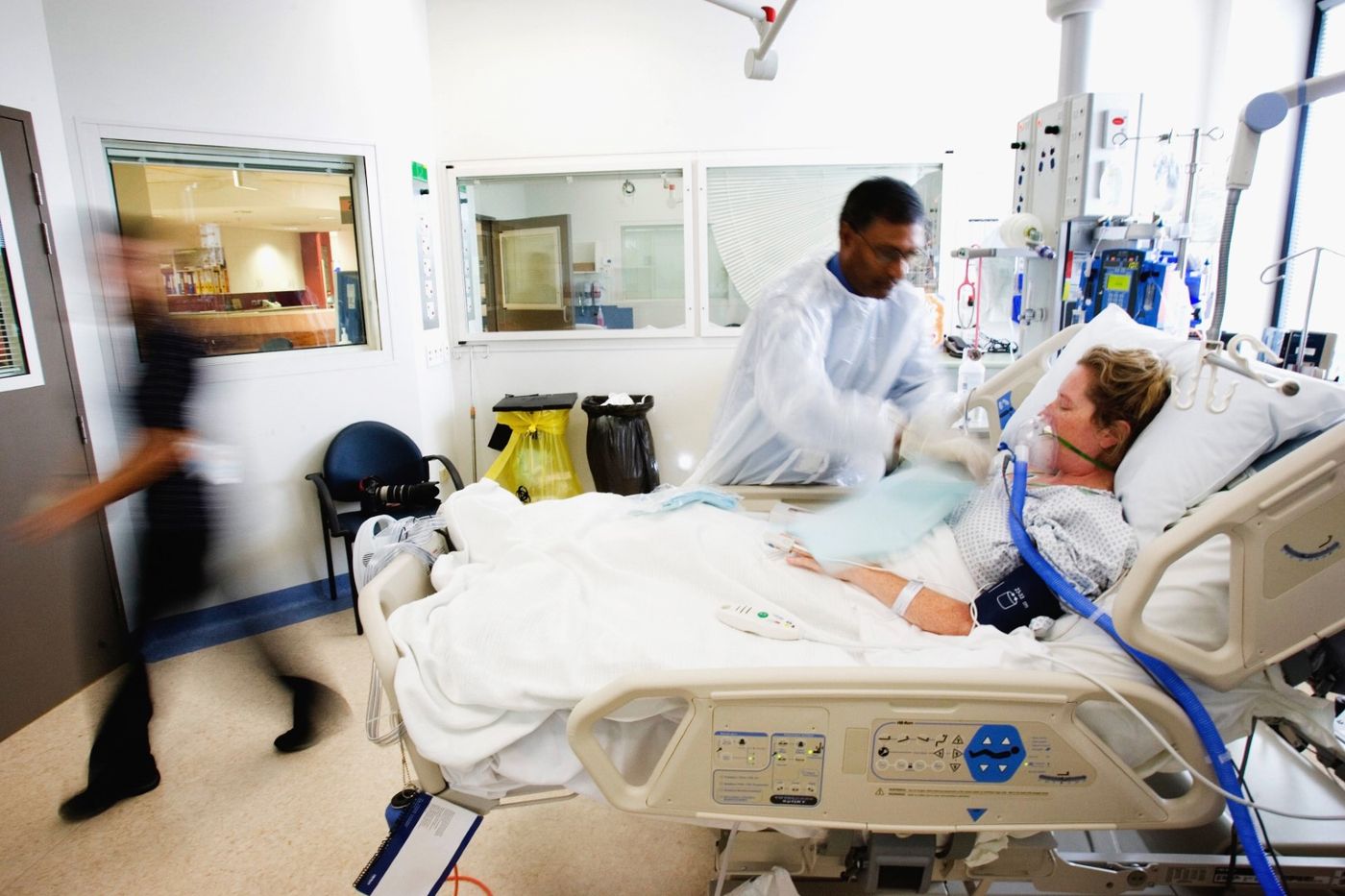


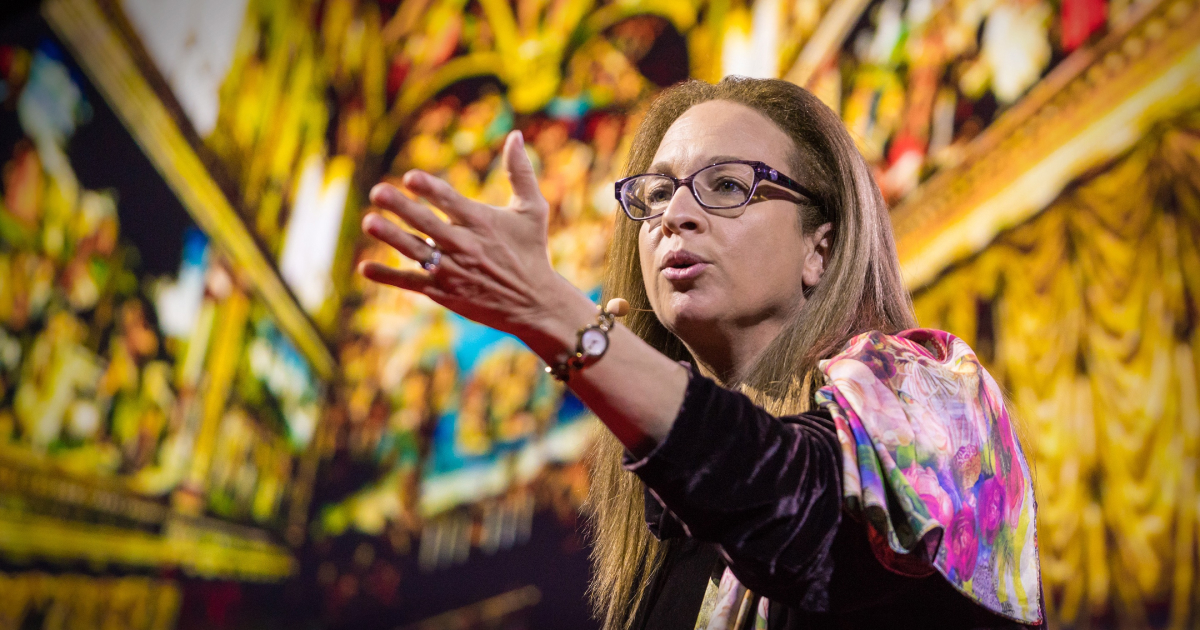
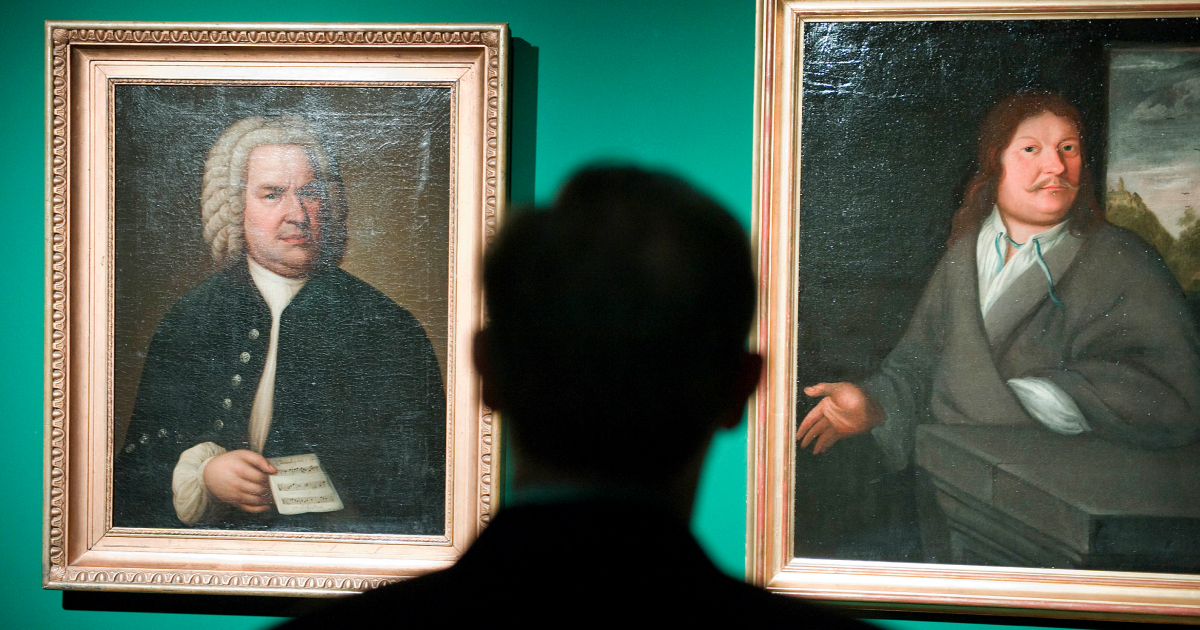
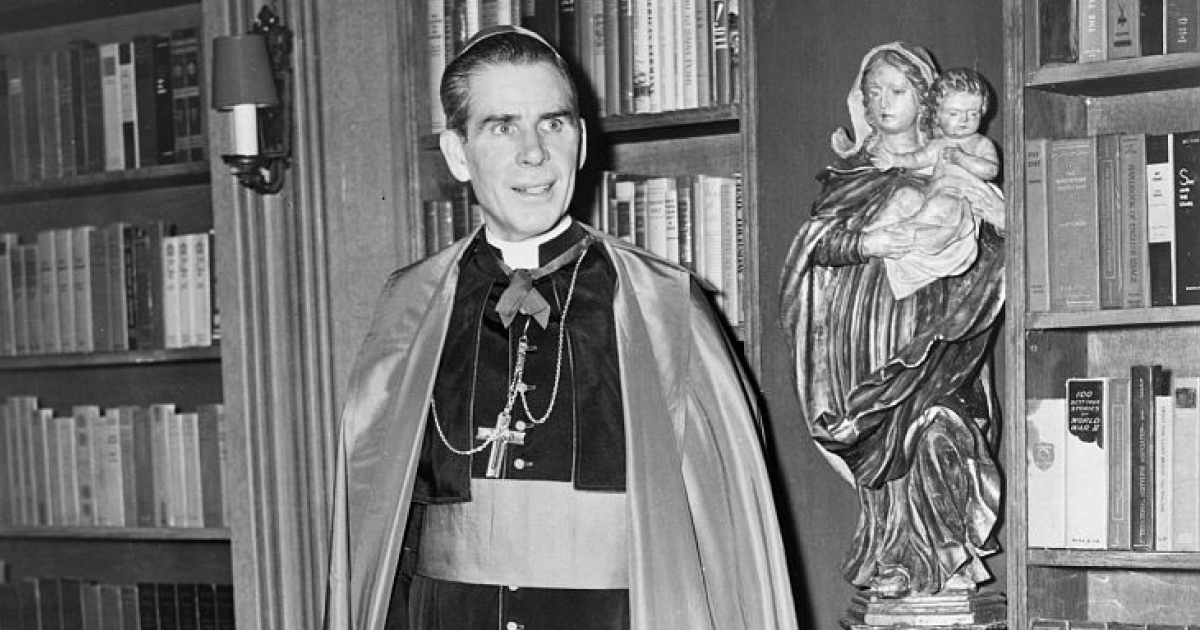
.jpg)

